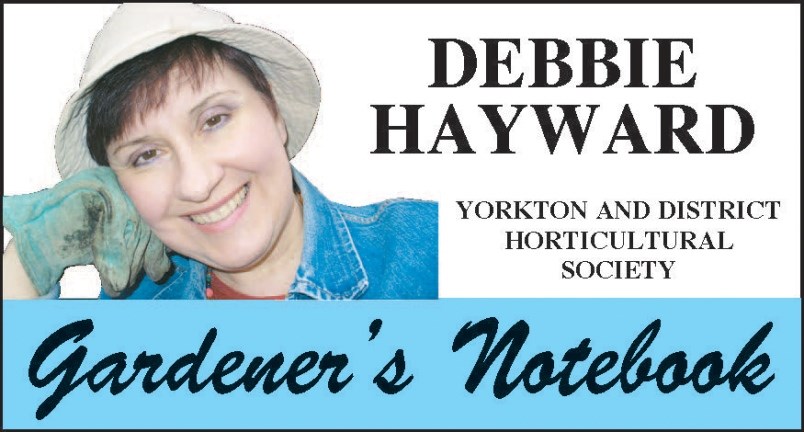The longer days are finally hinting at the promise of spring, even if the thermometer says winter is still firmly in place, for a while, anyway!
I know some enthusiastic gardeners are thinking about starting some seeds, or have started them already. It’s understandable: working with the soil and the seeds is definitely invigorating! Where to begin?
If you do some homework about when to start seeds, the general rule of green thumb seems to be that we should start seeds six to eight weeks before our last frost. Of course, we must “guess-timate” not estimate, but that guideline is to give the plants a chance to germinate and grow to a suitable size before С����Ƶ transplanted outdoors.
But here is the thing to consider: starting seeds too early could result in weak and spindly seedlings that aren’t receiving enough light to thrive. The spectre of damping off is always hovering around weak seedlings. The issue is not so great if you have some nice grow-lights that will give the plants enough light to grow without become lanky. Or if you have wide windowsills that face east or south, giving lots of natural light. Even so, you will have to be a full-time caretaker of those seedlings, moving them around and turning them around so that every little plant gets its fair share of light.
Let’s assume that the light issue is fully under control, so where do we begin? First, we must assemble our seeds, containers, and soil. The containers should be peat pots or cell containers, or those great little containers made from newspaper. Whatever your choice, there must be a drainage hole in the bottom.
Next, the soil. There is a seed-starter mix, or you can use a regular soil-less mix. This great mix is light enough to drain well but sturdy enough to support a seedling.
Then, our seeds. This topic is good for a long discussion among gardeners. Some gardeners prefer to buy new seeds every year, some like to use seeds that they have saved from plants that did exceptionally well, (remember, though, saving seed from hybrid plants will not produce plants like the parent plant); and some prefer to toss the gardening dice and use old seed packages that they found in the garage or basement. From comments I have heard in a wide variety of conversations, the first two options have a good success rate. The third one, not so much.
Seeds of dubious age may or may not germinate. Yes, we could give them a try and see what happens. But in the week or ten days that we are waiting on something that may never come up, or will come up with reduced germination, we are losing valuable time.
I remember that Mom always saved seeds from tomatoes that did really well in her garden, labelling them carefully and storing them in clean envelopes. But in the spring, in advance of planting, she would always do a “test” to check the viability of the seeds. Mom would take five or six seeds, place them between sheets of damp paper towel, and set them on a saucer. After a few days she would check them. If little sprouts were beginning to emerge from the seed, she knew that planting those seeds would bring reasonable success. If none were sprouting, she tried other seeds.
It’s an exciting time, and so wonderful to look forward to a new season! There are no meetings planned yet for the Yorkton and District Horticultural Society. But please visit us at for news. Thank you to our friends at Yorkton This Week for their fine work. Let’s pray for health for all and bright times ahead! Have a great week!




